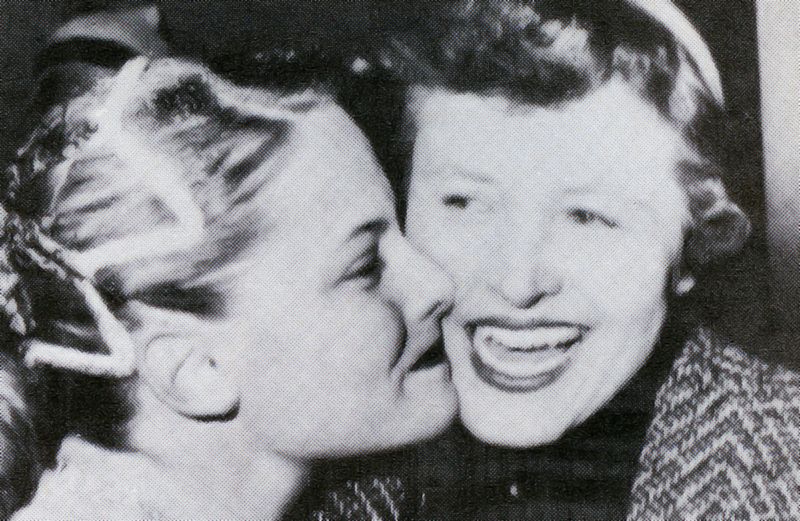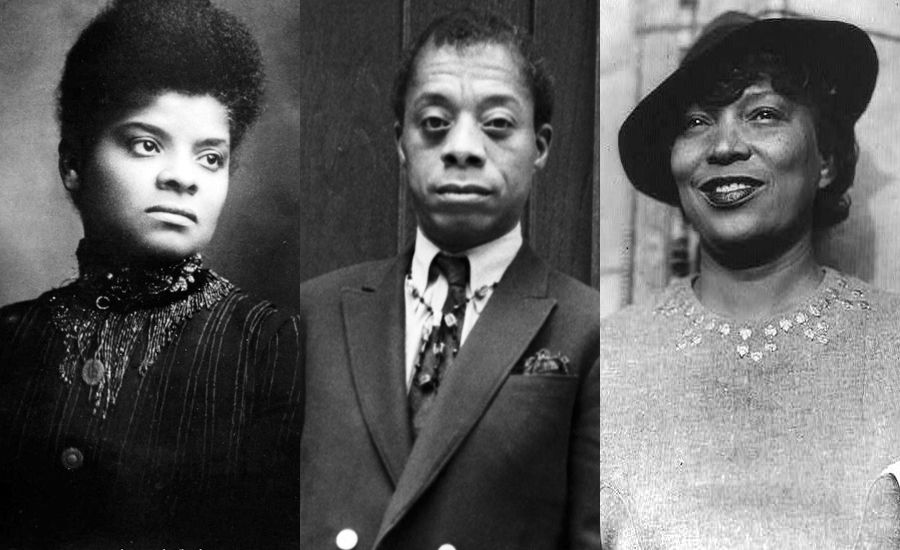There came a moment of special torment for me during the 1960 Winter Olympics at Squaw Valley, California. For 14 years I had worked hard for that very moment, but when it came I was scared to death of it.
Over 8,000 people were crowding the skating arena, a battery of TV cameras was bringing I don’t know how many millions of spectators close to rinkside, but now I was thinking about only nine people, the nine judges for whom I had to do the best skating of my life.
For days I’d felt nervousness coming and going in spasms. Part of it was the excitement of the spectacle; some of it was the responsibility of representing our country and, too, there was the memory of four years before when I had been beaten.
Today would be my last Olympics, I knew that. I had to win now if I was going to keep the promise I’d made Mother…
“Ready, Carol?” someone said.
How do you answer a question like that, after 14 years of preparation?
“God,” I whispered, eyes closed, “please let me do the best I can.”
Then I saw the swirl of my red skirt and the glint of the sun on a steel blade and I realized that I was out there alone.
For four minutes and ten seconds I skated. I don’t remember much about those minutes, only that the jumps and turns and complicated figures seemed to take an eternity to execute. At last I was finished.
Then there was the long anticlimax of waiting while other nations competed. Finally the Stars and Stripes fluttered from the highest pole and I stood on the winner’s podium with a gold medal.
What did I feel? Happiness, relief, gratitude, loneliness. People swarmed to congratulate me and telegrams were arriving. Pierre Brunet, my coach and booster of 12 years, hovered nearby, shining with pride.
But still I was lonely. I wanted to be able to reach out to my sister Nancy and brother Brucie back home; I wanted to hug my father–or just see the expression on his face.
Dad couldn’t come with me; he was a baker back home in Ozone Park, Long Island, and he hadn’t the time or the money for a trip to California. Most of all, though, I wanted the impossible: I wanted to be able to say to Mother:
“Look! Here’s the gold medal.”
It had been Mother’s idea that I take up skating. I was five years old when she enrolled me in The Brooklyn Skating Club. If I hadn’t taken to skating, Mother would have seen to it that I tried something else because she believed in the fun and discipline that an earnest effort at athletics provided.
Of course, I did like skating and for the next 14 years I was off the ice for a period no longer than four weeks at one stretch. Eventually, Nancy, two years younger than I joined me at the rink, and in another two years, Brucie.
We liked to practice in pairs or as a trio, and we came to know that whatever we did well, we did for Mother. She was always there at rinkside, slender and youthful, twinkling with encouragement.
It wasn’t that Mother just sat and watched us, however. She was an artist and a textile designer and would bring her art work with her. What she accomplished while we skated helped to pay for our lessons and membership fees.
Other times she would be knitting our skating clothes–Mother was always busy.
When I was seven, Pierre Brunet became my instructor. It got so that I could hardly wait for a lesson from this wonderful man who, in turn, began to take a serious look at my skating potential.
“You’re a natural athlete,” he told me, “but you’re not a natural form skater.” Only through long, intensive training, Mr. Brunet thought, would I become a fine figure skater.
When I was eight, with competition in view, with more money to be spent on equipment and dues and other necessities, Mother sat me down for a very sober talk.
“Do you really love skating?” she asked me. And of course I did. “Well then, Carol, you have to decide, now, whether you are going to skate just for the fun of it or very seriously.”
To me the choice was no choice; “serious” skating was fun. Nonetheless, this was the important moment of my life. Then and there, a goal had been set. From then on we aimed for the top.
There were eight formal tests to pass before qualifying for championship competition; these took almost nine years to accomplish. Meanwhile, skating ruled our house.
Six days a week the family was up at 5:30 A.M. We left the house at 6:15, dropped Dad at the bakery in Kew Gardens, laced on our skates in Manhattan at 7:00. At 11:30 we’d head for Professional Children’s School and at 4:00 we’d be back in Ozone Park doing our homework.
Dinner was at 6:00 and then, at 8:30, we’d go to bed. Often our days included ballet and piano lessons (to develop a musical ear), and summer activities like outings at the beach, but basically, for 11 years, our schedule was unchanged.
Sometimes when I tell people about this daily regimen, a look of pity comes on their faces. I think these people do not realize the fun we had or the richness we discovered in being together. What frightens people is not the hard work we put in, but the routine.
The word “routine” can have an ugly sound, calling forth pictures of dull sameness, conformity, rigidity. But when you are working towards something, routine can be an adventure.
I can’t tell you the thrill I’d feel when a jump I had been practicing for months would suddenly start coming easily to me. The surge of power was exhilarating.
And I don’t think that the bright side of a routine is reserved just for skaters! Surely even the dullest-sounding task can be made to have flavor and excitement.
I’ve known people who have found gratification in seemingly unrewarding routine–housework, for instance. If the goal is to create a happy and loving family, why shouldn’t washing dishes and preparing meals possess a special drama all their own?
In Philippians 3:13-14, Paul writes: …This one thing I do, forgetting those things which are behind, and reaching forth into those things which are before, I press toward the mark…
For me, I had to do without many things because of skating; there were dates that I missed, and movies and lots of things that teen-agers normally enjoy, but life was never lacking in interest or fullness.
“Live deep instead of fast” was a statement that Mother once read to us from a magazine article. She believed in that. It was always as though she were saying that life is indeed brief, that no part of any day should be frittered away on surface matters.
Routine with a purpose, we learned, was the best cure for waste and laziness.
Our goal of goals was the Olympics. Yet, when I finally won the opportunity to compete, we were faced with tragedy. Mother was dying of cancer. Nonetheless, we traveled together to the Olympics in Italy that winter and every day she was at the rink as usual, I wanted desperately to win–for her.
I skated well that day. As always, I performed better before an audience, felt my muscles and body react to the crowd, and when I sped off the ice, I was hopeful. But Tenley Albright beat me by two-tenths of a point.
“It’s not really losing,” Mother said, and she wasn’t just easing the pain I felt at having failed. “Everyone gains something, win or lose.”
“Yes,” I replied, “I know that. But,” and I looked at her hard, “at the next Olympics–I’ll win.”
A few weeks later, in Germany, I beat Tenley Albright for the world championship–but to me it wasn’t the same as winning an Olympics gold medal. A month later, at home, Mother died. She was 41 and she did not want to die. There were “so many things to do.”
Today, my father lives alone in the house in Ozone Park. Both Nancy and Brucie are away at school, skating on their own. Nancy has a high national ranking; she missed last year’s Olympic Games only because of an ankle injury. Bruce, at 16, is Middle Atlantic Men’s Champ.
I am 21 now, and married to a skating champion-turned-lawyer, Hayes Allen Jenkins. We live in an apartment in Akron, Ohio, where, along with a new skating schedule and plans for motion pictures, I am caught up in meals and laundry and household chores.
The medals I have won are in a drawer and if, occasionally, I look at them, it is to remind me of what a wonderful beginning my life has had, and what power there is in purpose.
More stories from Winter Olympians!
For more inspiring stories, subscribe to Guideposts magazine.






